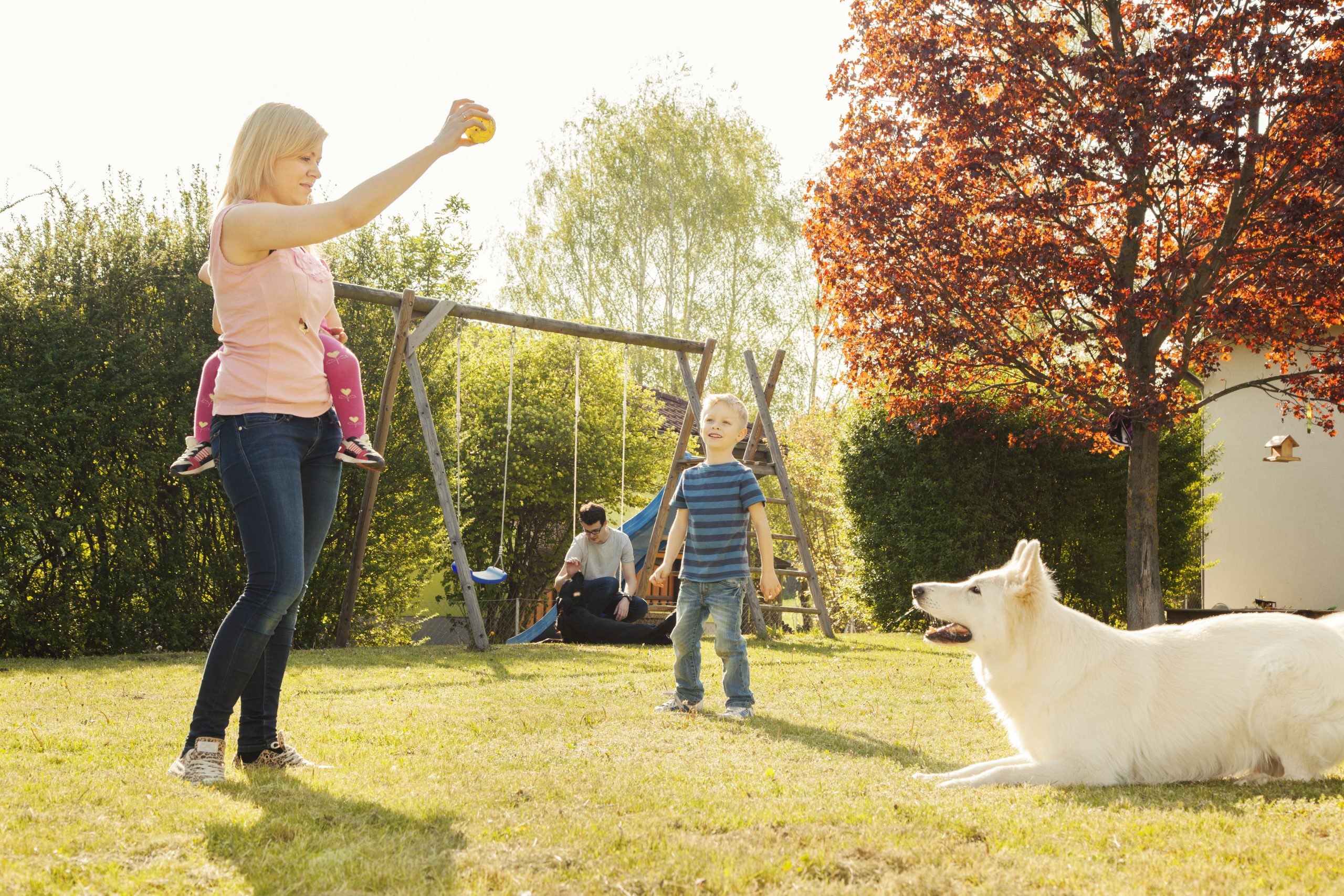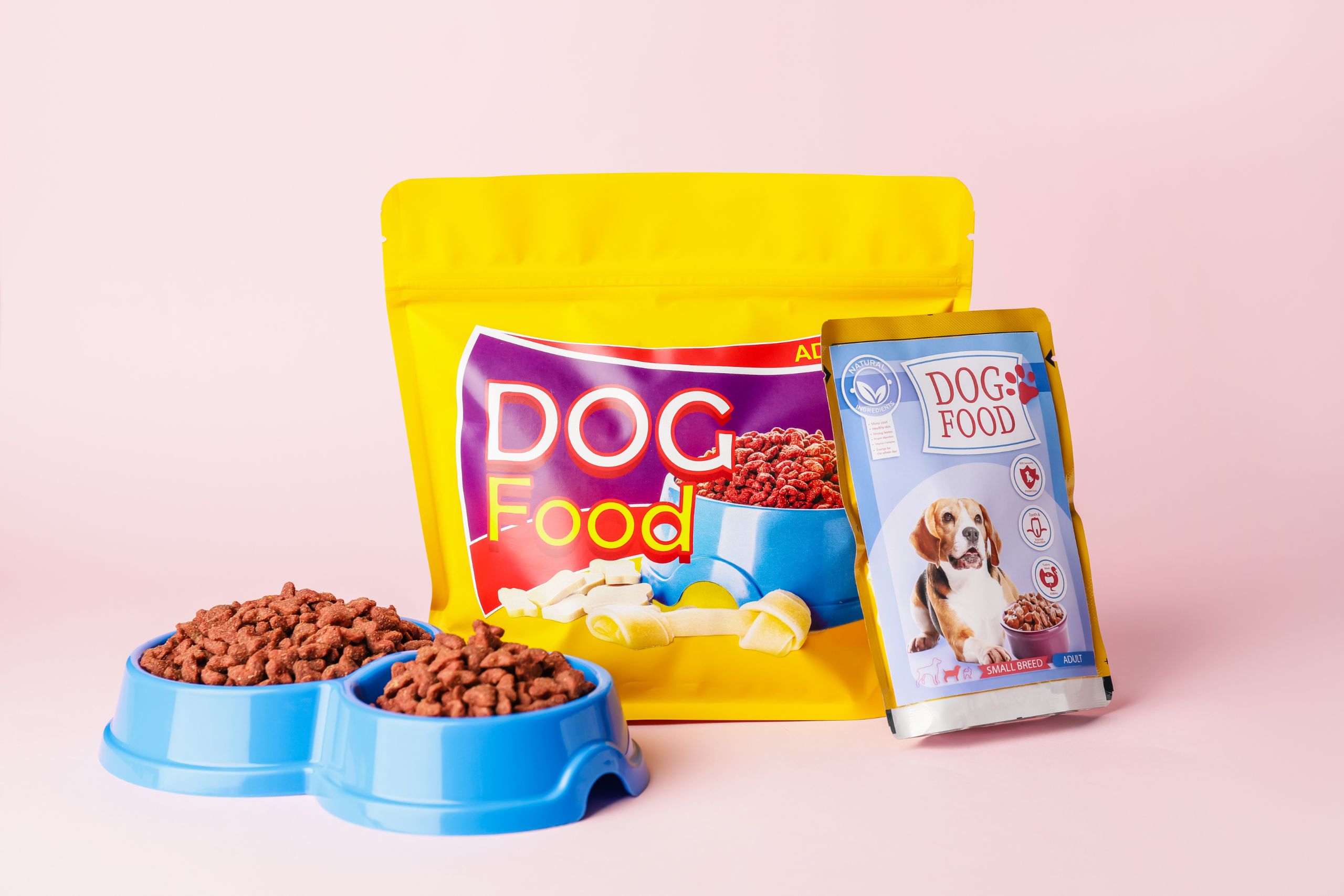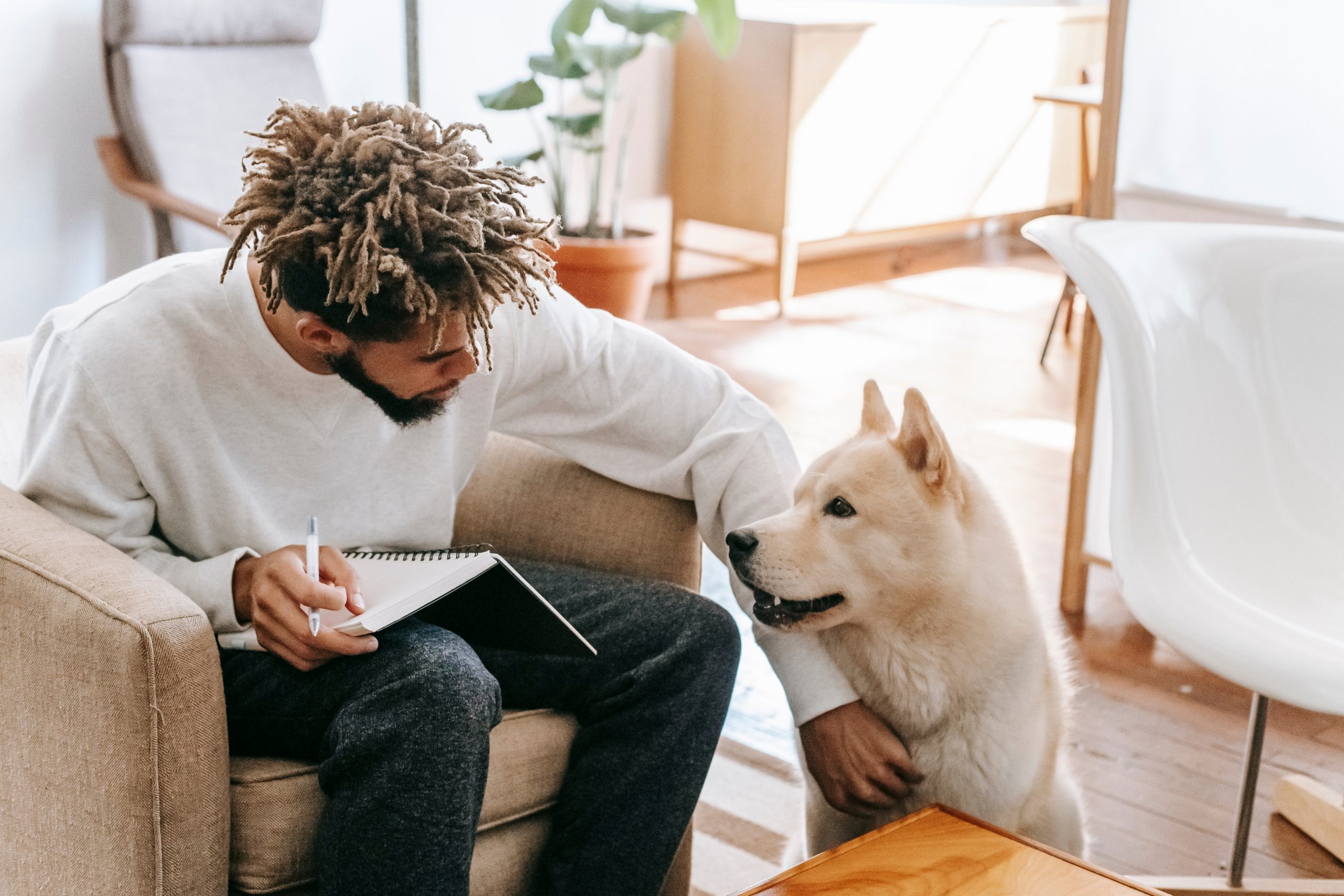As a pet owner, we all want our furry friends to be well-behaved and obedient, making it essential to find a reliable dog training workshop for your pup. The benefits of choosing a qualified trainer who offers more than just basic techniques cannot be overstated. Selecting a trustworthy class can make all the difference in the world, leading to a positive experience for both you and your dog.
The best dog training classes should provide comprehensive instruction on dog behavior, communication, and socialization, in addition to the standard obedience training. Alongside this, it should also offer useful advice on grooming and handling. There are few things more heartwarming than a strong bond and relationship between a dog and its owner, which is why individual attention and a variety of classes are key aspects to consider when choosing a trainer. Emphasizing cleanliness and safety, combined with positive reinforcement techniques, taught by professional trainers will bring the best results, allowing your canine companion to lead a happy and well-disciplined life.
Professional Trainers with Knowledge and Experience
When it comes to training your pup, there is no substitute for the expertise of professional trainers with knowledge and experience. These professionals have the education and practical skills to ensure your furry friend receives effective and humane training to develop the right habits and behaviors.
To find the right dog trainer, start by looking for individuals with certifications from reputable organizations such as The Association of Professional Dog Trainers or The Academy for Dog Trainers. These certifications serve as a guarantee that the trainer has undergone rigorous training and has the requisite knowledge and skills to help you achieve your training goals.
In addition, when selecting a dog trainer, look for professionals who keep up with the latest techniques and technology used in training. Training methods evolve continuously, and it is necessary to work with professionals who stay up-to-date with the latest research, trends, and techniques to ensure your dog’s training remains relevant and effective.
Moreover, professional trainers with knowledge and experience should have a deep understanding of dog behavior and body language. They should be able to identify and address issues that may arise during training sessions, and help modify your pup’s behavior based on their learning style and personality.
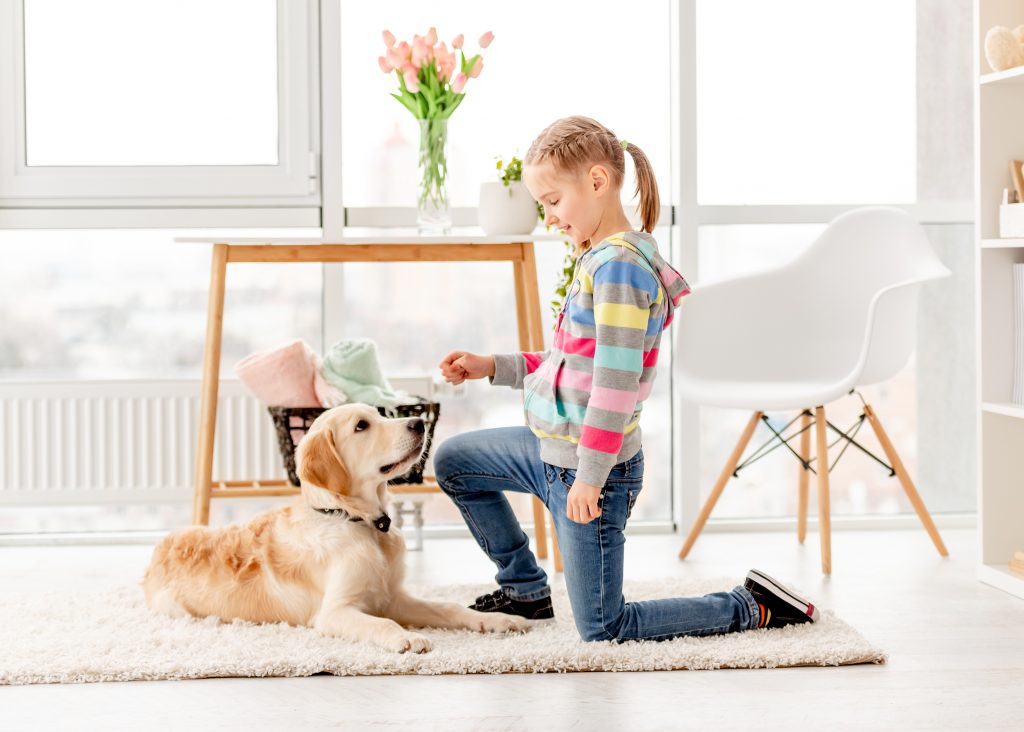
Positive Reinforcement Techniques Used During Training Sessions
Positive reinforcement is a technique used by professional dog trainers to encourage good behavior in dogs. This technique is based on the idea of reinforcing actions that we want our dogs to repeat, rather than punishing them for bad behavior. Positive reinforcement techniques can include using a marker word or clicker to signal to your dog that they have done something right, and rewarding them with treats, toys, affection, or praise.
Using a marker word or clicker, paired with a reward, can be a powerful way to reinforce good behavior in dogs. When your dog hears the marker word or clicker, they will know that they have done something correctly and that they will be rewarded soon. This technique can be used to reinforce any behavior that you want your dog to do more frequently, such as sitting, lying down, coming when called, or leaving something alone. It is important to determine what motivates your dog and use that as a reward, some dogs prefer food, some prefer toys, and some prefer affection or praise.
Positive reinforcement techniques are versatile and can be used in various aspects of dog training, including obedience training, potty training, and behavior modification. Positive reinforcement can also be applied to crate training, leash training, socialization training, and more. By using positive reinforcement, you create a positive experience for your dog during training sessions, which can strengthen your bond and improve your dog’s behavior in the long run.
Variety of Classes Offered for Different Levels of Obedience Training and Behaviors
Professional dog trainers offer a variety of obedience and behavior training classes to suit the needs of dogs of different ages, sizes, and skill levels. These classes may range from basic obedience to advanced behavior-specific training, and can be crucial in developing a well-behaved and happy companion.
Basic Obedience/Manners
At the basic level, dogs are taught foundational commands, such as “sit,” “stay,” “down,” “come,” and “heel.” These classes focus on socialization and impulse control, teaching dogs to remain calm in various situations. Dogs of all ages are welcome in these classes, and they aim to establish a strong communication between the owner and the dog.
Advanced Obedience/Manners
Advanced obedience classes help take a dog’s training to the next level, and focus on higher-level skills like off-leash control, distance commands, and heightened distractions. These classes help dogs achieve a higher level of obedience, which can be really helpful in situations like public outings and distractions like traffic and crowds.
Therapy Dog
Therapy dog training helps a dog become a trained volunteer in hospitals, schools, nursing homes, and other therapeutic settings. Should a dog pass Therapy Dog certification, they must demonstrate the ability to work quietly around patients or residents and show calm and stable behaviors in a challenging environment.
Small Dog
Small dog classes are tailored to the needs and personality of small dogs. These classes can be very important for socialization, as small dogs may exhibit a tendency to be fragile or skittish. They learn basic obedience skills in a structured environment and socialize with other dogs of similar size and temperament.
Dog Sports
Dog sports classes teach a variety of activities such as agility, flyball, herding, tracking, and scent work. These classes are a great way for dog owners to bond with their pets, as well as provide mental and physical exercise. Dogs participating in these activities learn advanced skills, specific to their individual desired activity.
Human Sports
Human sports aim to teach dogs advanced obedience skills, geared towards sports such as Rally, Obedience, and Agility. These classes help dogs develop focus and precision, as they work closely with their handlers to execute tasks like healing through intricate obstacle courses and routine performances.
Behavior-Specific Training
Behavior-specific training uses positive reinforcement to address specific behavioral problems such as separation anxiety, aggression, fearfulness, and leash reactivity. Classes are tailored towards a specific issue that the dog might be facing, allowing the trainer to personalise the training approach to truly fix the behavioral problem.
Tricks & Games
Tricks & games are a fun way to bond with your dog whist learning new skills and behaviors. These classes can help dogs further develop their mental and physical abilities, encourage them to think outside of the box, and add a little fun to their routine.
Overall, obedience and behavior training classes aim to create a happy, well-behaved canine companion. The approach to training and the skills taught differs depending on the type of class, but all classes have one thing in common: positive reinforcement. Remember, no matter what class you select, the bond shared through this process remains the foundation in all relationships between dogs and their owners.
Cleanliness and Safety of Facility/Location
The cleanliness and safety of the training facility or location is of utmost importance when considering where to bring your beloved furry friend for training. A clean and sanitized environment is crucial, especially for puppies who are still developing their immune systems. The facility should be free from hazardous materials, sharp objects, or areas where dogs could potentially hurt themselves.
It is important to inquire about the measures the facility takes to ensure cleanliness and safety. The facility should have regular sanitation and disinfection protocols, as well as proper waste disposal measures in place. This will not only ensure a healthy environment for the dogs visiting the facility but also for the owners who are there to observe.
In addition to maintaining a clean and safe environment, appropriate vaccinations are necessary for all dogs visiting the facility. This not only protects your own dog but also ensures the well-being of other dogs who may be there for training as well. It is important to inquire about the facility’s vaccination requirements and ensure that your dog is up-to-date on all necessary shots before bringing them in for training.
Individual Attention for Each Pup During Group Sessions
Getting your pup trained in a group setting can be a great way to socialize them, but it’s important to make sure that they receive the necessary individual attention in order to truly succeed. Here’s how to ensure that your pup gets the individual attention that they need during group training sessions:
First and foremost, the trainer should limit the number of dogs in each group. This can vary depending on the trainer’s preference or the size of the facility, but in general, the smaller the group, the better. With fewer dogs in a group, the trainer can focus more on each individual’s needs and behavior, making sure that they are not overlooked or ignored during the session.
A good trainer should also have assistants available to help out during the group training sessions. These assistants can help with handling the dogs, redirecting or controlling unwanted behavior, and responding to individual questions from pet owners. Having extra sets of eyes and hands on deck can really make a difference when it comes to ensuring that each pup gets the attention they need.
During the training session, the trainer should make sure to rotate through the dogs, giving each one an equal amount of attention. This means dividing their time between each pup, spending a couple of minutes working one-on-one with each dog before moving on to the next. It’s important that the trainer does not focus solely on one dog for an extended period of time, as this can detract from the overall training experience and leave other pups feeling left out.
When working with each individual dog, the trainer should use their name, offer praise and rewards, and speak in a calm tone. This will help keep the pup engaged and focused, as well as promote a positive and encouraging atmosphere for both the pet and the owner.
Finally, it’s important for the trainer to keep track of each dog’s skill level. Some pups may be more advanced and require more complex tasks to keep them engaged, while others may need simpler, more straightforward commands. By being aware of each dog’s individual needs and skill level, the trainer can tailor the training session to ensure that each pup is receiving appropriate guidance and attention.
Structured Curriculum for All Levels of Ability, Age, and Size Dogs
When it comes to choosing the best dog training workshop for your furry companion, one of the key aspects to consider is the structure and flexibility of the curriculum. A structured curriculum is important as it ensures that every dog receives appropriate guidance and attention, regardless of their ability, age, or size.
A training center that offers classes for dogs of all sizes, ages, and abilities is ideal, as they can provide effective training for every dog. This is particularly important when it comes to group training sessions, where each pup should receive individual attention tailored to their specific needs and level of ability.
Apart from teaching basic obedience and behavior training, it is important to ensure that the curriculum includes advanced and specialized courses too. This will not only keep your pup engaged and attentive but also promote their overall emotional and mental well-being.
The curriculum should be designed to cater to every level of ability, from puppies to mature dogs. Each course should be tailored to help your dog learn at their own pace, ensuring that they don’t feel overwhelmed and that they can build on their previous training.
Additionally, the curriculum should also be flexible enough to adapt to the individual needs of your pet. Every dog is unique, and a good trainer should be able to identify the areas that need more attention and customize the training session accordingly.
Positive Environment to Create a Fun Learning Experience for Puppy
Creating a positive environment is essential in promoting a fun and successful learning experience for your puppy during training. Dogs thrive in an atmosphere that is stress-free, comfortable, and filled with positive reinforcement techniques. A relaxed atmosphere can help your pup feel more at ease during training and increase their chances of retaining what they learn.
When searching for a training facility, it’s important to ensure that it is clean and safe for your puppy to explore and play in. This will further promote a comfortable and relaxing environment, allowing your pup to fully focus on their training without any distractions or worries about their environment.
Reward-based methods are an effective way to motivate your puppy to learn and succeed. By incorporating treats, toys, and praise, you can foster a positive and exciting learning experience that your pup will look forward to. Positive reinforcement is an excellent way to encourage good behavior and deter negative ones, promoting a healthy and productive training routine.
Beyond utilizing reward-based methods, creating a fun and enjoyable atmosphere can also encourage your pup to learn. Incorporating games, treats, and fun activities into training can boost your puppy’s engagement and relieve any potential anxiety they may feel. Keeping training sessions playful and interactive can go a long way in making your pup feel comfortable and excited about learning.
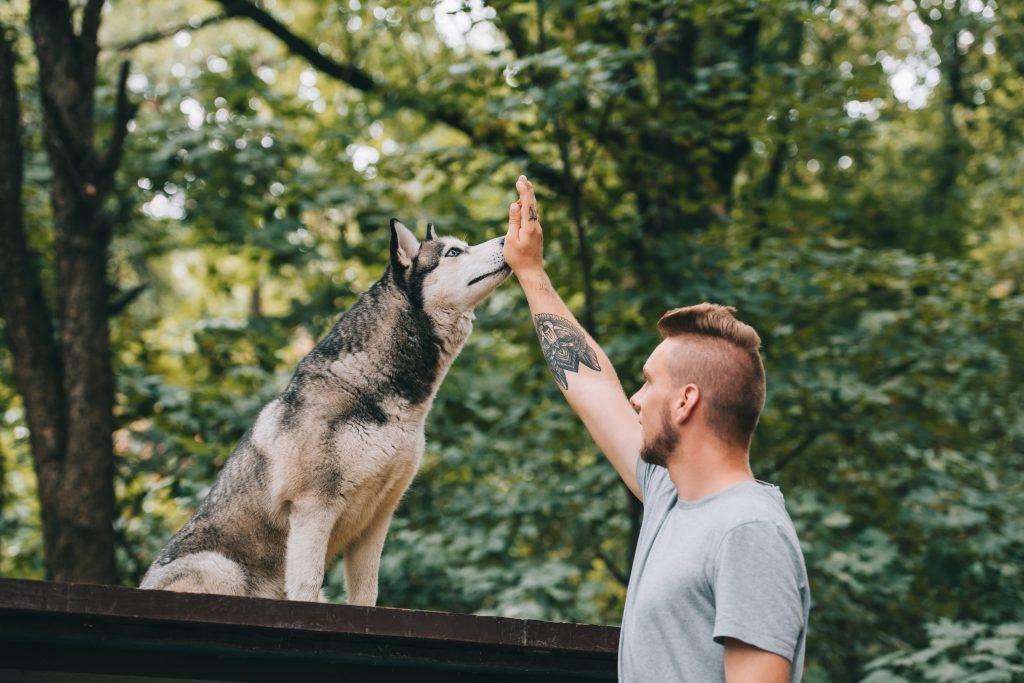
Conclusion
In conclusion, it is crucial to carefully choose a dog training workshop that has professional trainers with expertise, utilizes positive reinforcement techniques during sessions, offers a variety of classes, maintains a clean and safe facility, provides individual attention in group sessions, has a structured curriculum for all levels and sizes of dogs, and creates a positive environment for a fun learning experience. Ensuring your pup receives proper obedience training can greatly improve their behavior and strengthen your bond with them. Choose a training facility that emphasizes the importance of good dog training, and both you and your furry companion will reap the benefits.

